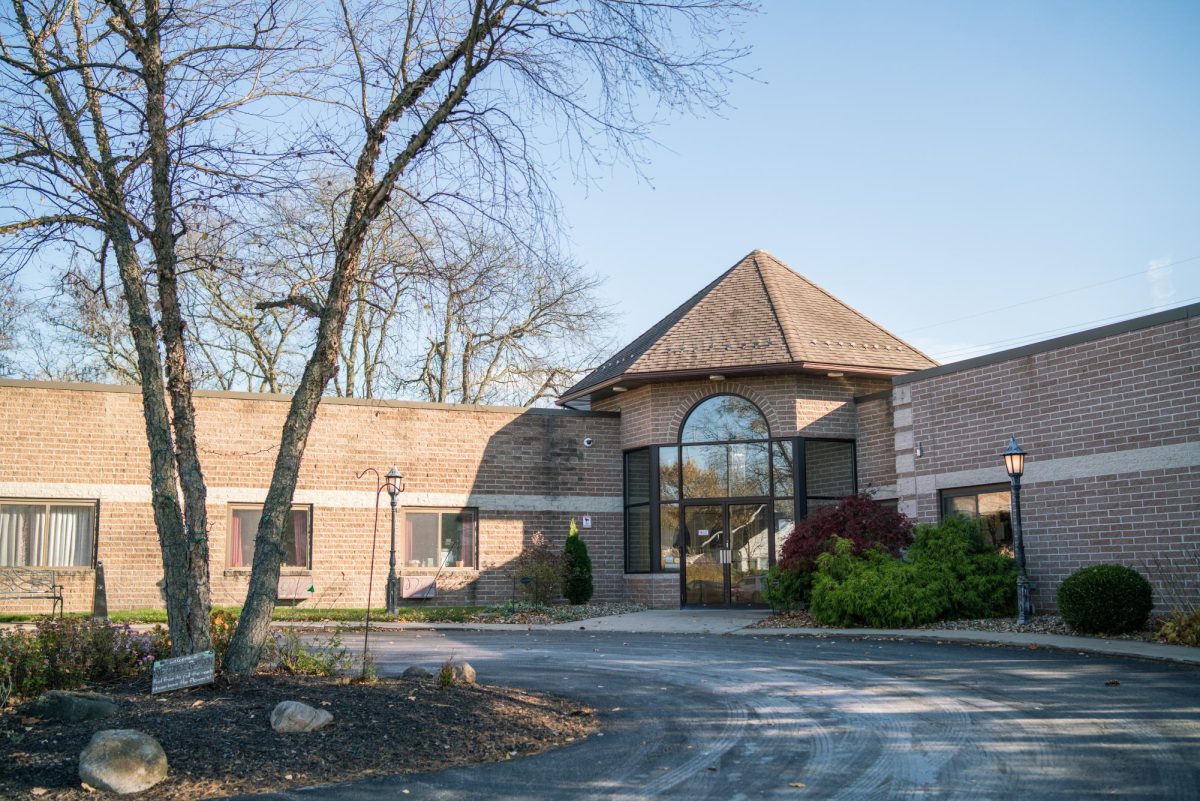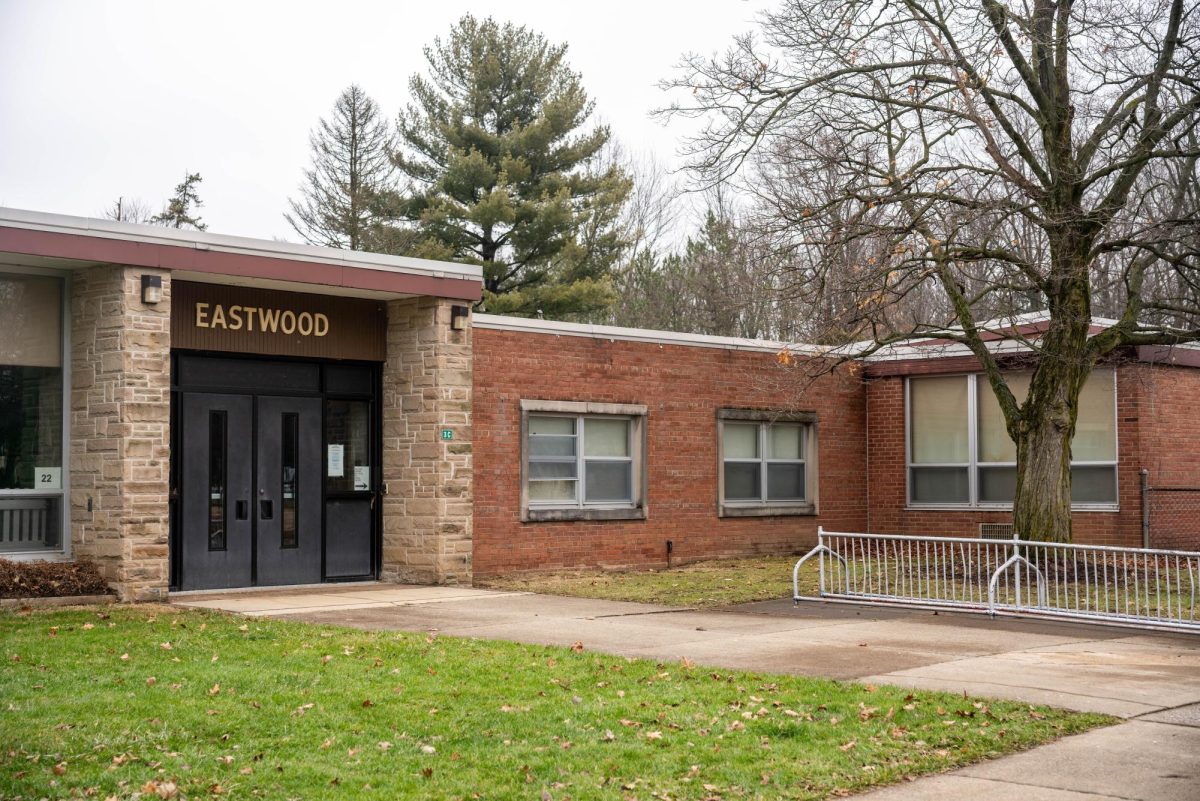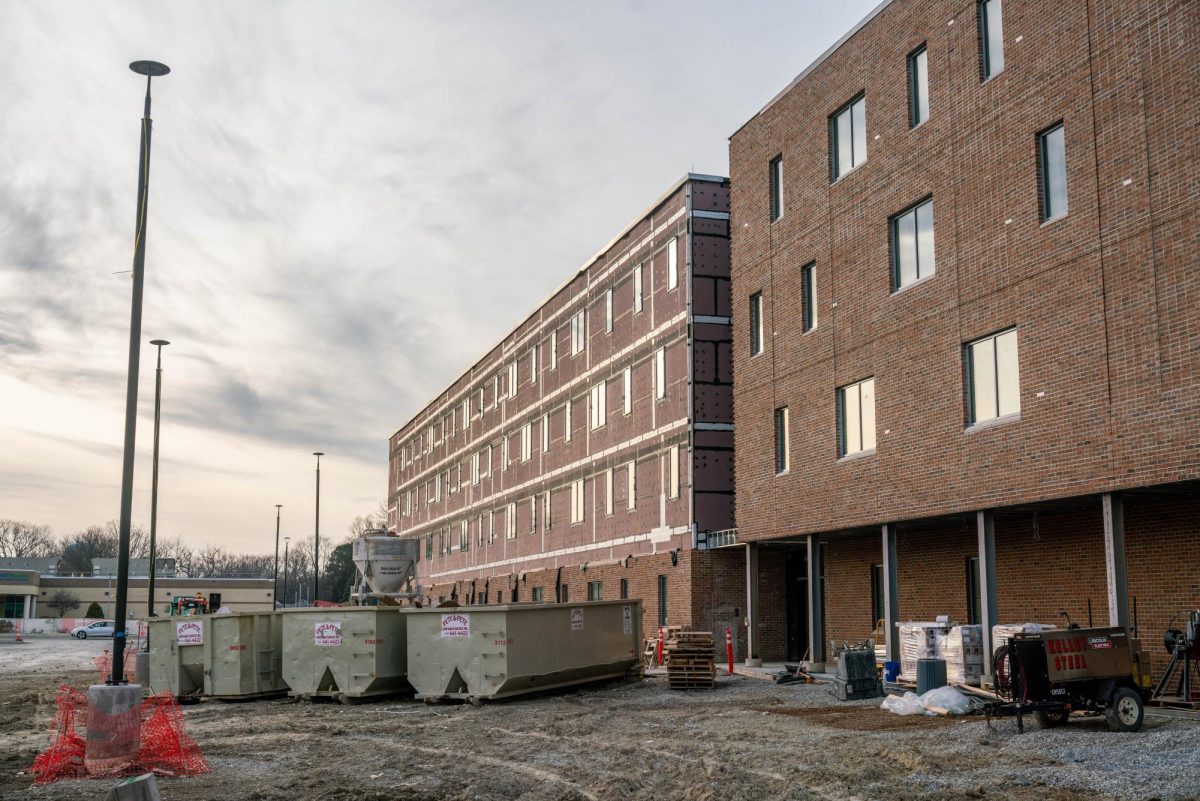In June of last year, the Lorain County Office of Aging was allocated nearly $1 million through funds from the American Rescue Plan Act. The money is intended to help the nonprofit’s programming that focuses on supporting Lorain County’s elderly community. Separately, Lorain County Public Health granted Welcome Nursing Home with $400,000 to improve its facilities and COVID mitigation measures.
Nicolle Bellmore Pierse, executive director of the Lorain County Office on Aging, spoke to the Review about how the funds will primarily be used for seniors to obtain home modifications.
“[The grant] money, as well as a portion of the [American Rescue Plan Act] dollars, are going to be used for home modifications so that seniors can remain safely living in their homes, … for things like grab bars, accessible showers, and wheelchair ramps,” Bellmore Pierse said.
The goal of these modification projects is to help the elderly safely stay in their homes for as long as possible.
Heidi Freas, director of quality assurance and part owner of Welcome Nursing Home, is grateful for the funding from Lorain County Public Health. In an effort to pull state dollars to support local infection control efforts, LCPH partnered with Welcome in addition to a local school, a prison, and another nursing home.
The money allocated to Welcome went to renovating their air filtration system, implementing a new call system, fitting the staff with proper N95 masks, and building a new wheelchair-accessible bathtub with antibacterial properties.
“Being that [Welcome] started in 1945, we are an older infrastructure, and that just takes a lot of extra effort to stay on top of,” Freis said. “So we were grateful, … and [LCPH] were so easy to work with.”
Affordable housing is another challenge for seniors looking to live in Oberlin. Freas, whose family has owned and operated Welcome since its founding in 1945, is especially concerned about affordable opportunities for older people.
“There aren’t many opportunities for congregate living that are affordable or that are accessible,” Freas said.
The effects of the COVID-19 pandemic still weigh heavily on the senior community, with Pierse citing isolation as one of the most pressing issues that she sees.
“Isolation is a factor that tremendously impacts the health of seniors,” she said. Those social connections are vital to maintaining mental and physical health for seniors, and, unfortunately, COVID really cut people off.”
In an email to the Review, Director of the Oberlin Public Library David Fausnaugh wrote about resources the library offers for seniors that promote entertainment and socialization.
“The resources we have at the library are very popular with our senior community; we have a lot of individuals who enjoy print items, media, or our downloadable content,” Fausnaugh wrote. “Our one-on-one technology help at The Bridge can be a huge assistance to anyone, including older adults. We also typically have good senior participation in our adult programming, and we partner with Kendal to deliver books to their campus.”
City Councilmember Kristen Peterson, OC ’72, mentioned the Oberlin Enrichment and Activity Center in the old Prospect School as another place where seniors can gather and connect with available resources.
“A year and a half ago, when the former Prospect School building became available to the City, the City said, ‘that’s a once-in-a-lifetime opportunity, that building is going to offer us a lot of options and opportunities,’” Peterson said. “So the recreation department is overseeing the senior activities. … They do all kinds of things. They have guest speakers on all kinds of issues. … The rec department does indoor walking. They do chair exercises. The Western Reserve [Area Agency] on Aging has been there … multiple times doing conversations and sessions about any issue that’s of concern.”








